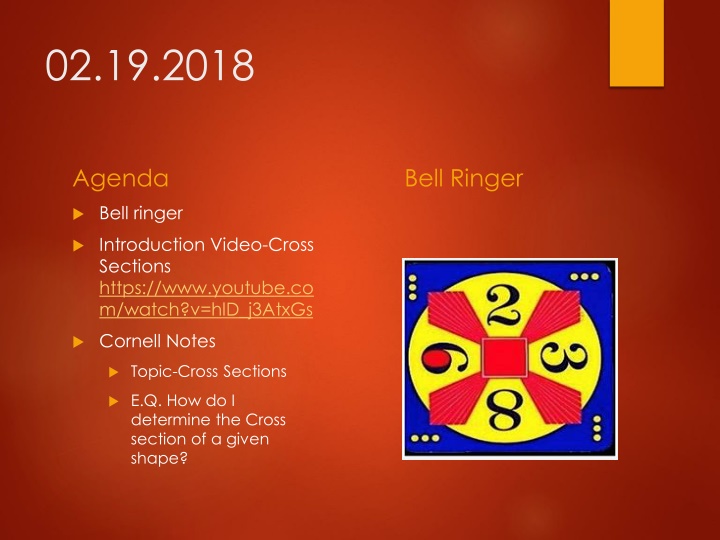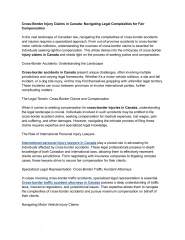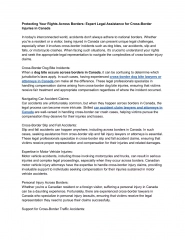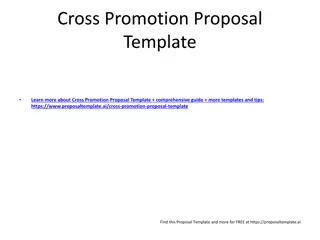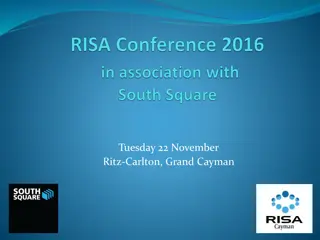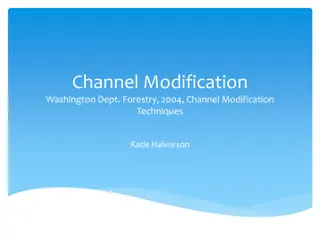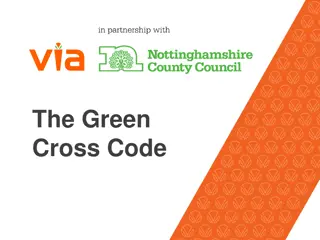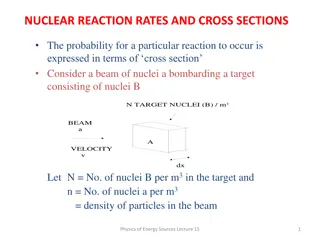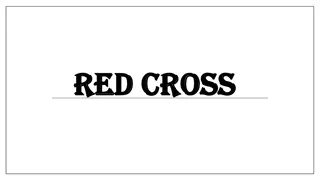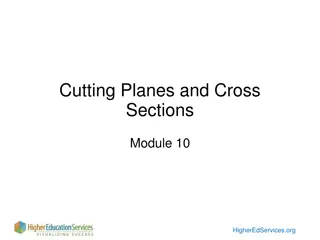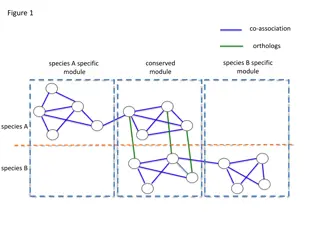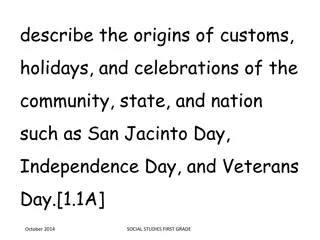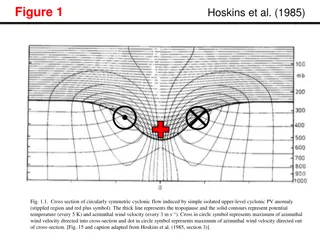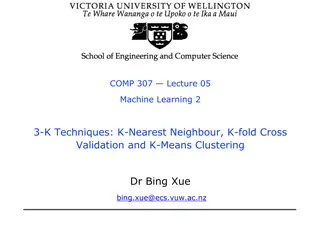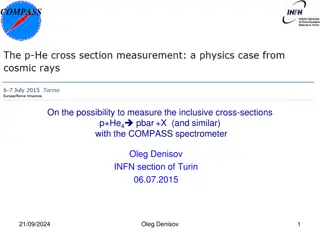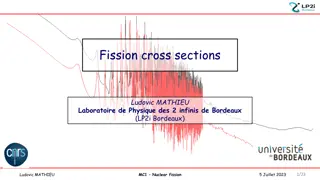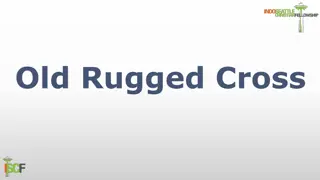Cross Sections of 3D Figures
Discover the concept of cross sections in 3D figures through examples and definitions. Understand how planes intersect shapes to create 2D sections, and learn about polyhedrons, prisms, pyramids, cylinders, and cones. Visual aids and explanations simplify complex geometry topics.
Download Presentation

Please find below an Image/Link to download the presentation.
The content on the website is provided AS IS for your information and personal use only. It may not be sold, licensed, or shared on other websites without obtaining consent from the author.If you encounter any issues during the download, it is possible that the publisher has removed the file from their server.
You are allowed to download the files provided on this website for personal or commercial use, subject to the condition that they are used lawfully. All files are the property of their respective owners.
The content on the website is provided AS IS for your information and personal use only. It may not be sold, licensed, or shared on other websites without obtaining consent from the author.
E N D
Presentation Transcript
02.19.2018 Agenda Bell Ringer Bell ringer Introduction Video-Cross Sections https://www.youtube.co m/watch?v=hlD_j3AtxGs Cornell Notes Topic-Cross Sections E.Q. How do I determine the Cross section of a given shape?
Bell Ringer Answer (8/2)*(9-3) = 24 (9-2*3)*8 = 24
Cross Sections of Three- Dimensional Figures Return to table of contents Return to table of contents
3-Dimensional figures can be cut by planes. When you cut a 3-D figure by a plane, the result is a 2-D figure. The cross-sections of 3-D figures are 2 dimensional figures you are familiar with. Look at the example on the next page to help your understanding.
Vocabulary A polyhedron is a three-dimensional solid with flat surfaces and straight edges. Each polygon is a face of the polyhedron. An edge is a segment that is formed by the intersection of two faces. A vertex is a point where three or more edges intersect. A net is a two-dimensional pattern that you can fold to form a three-dimensional figure. One of the simplest such figures is a cube a polyhedron with six faces, each of which is a square.
Vocabulary Prisms: polyhedron with 2 congruent and parallel faces called bases. Pyramid: polyhedron in which 1 face is a polygon and the others are triangles comes to a point at the top. Cylinder: 3D figure with 2 congruent & parallel bases that are circles Cone: has 1 circular base and comes to a point at top
Cross Sections A cross section is the shape formed when a plane intersects a 3D figure. Think of a very thin slice of the solid. The bases are opposite faces that are parallel and congruent. To describe the relationship between the plane and the solid, it will be either: Parallel to the base or Perpendicular to the base Cross-Sections can be polygons and circles Tell the shape it makes when you cut the solid
A horizontal cross-section of a cone is a circle. Can you describe a vertical cross-section of a cone?
A water tower is built in the shape of a cylinder. How does the horizontal cross-section compare to the vertical cross-section?
The horizontal cross-section is a circle. The vertical cross-section is a rectangle
9 Which figure has the same horizontal and vertical cross-sections? A C B D
10 Which figure does not have a triangle as one of its cross-sections? A C B D
11 Which is the vertical cross-section of the figure shown? A B C D Triangle Circle Square Trapezoid
12 Which is the horizontal cross-section of the figure shown? A B C D Triangle Circle Square Trapezoid
13 Which is the vertical cross-section of the figure shown? A B C D Triangle Circle Square Trapezoid
Reference www.summithill.org/.../Cross- Sectionsof3DFigures_12_4_2013_9_46_10_AM.ppt www.enetlearning.org/wp- content/uploads/.../2a.-Notes-Nets-and-Cross- Sections.ppt
